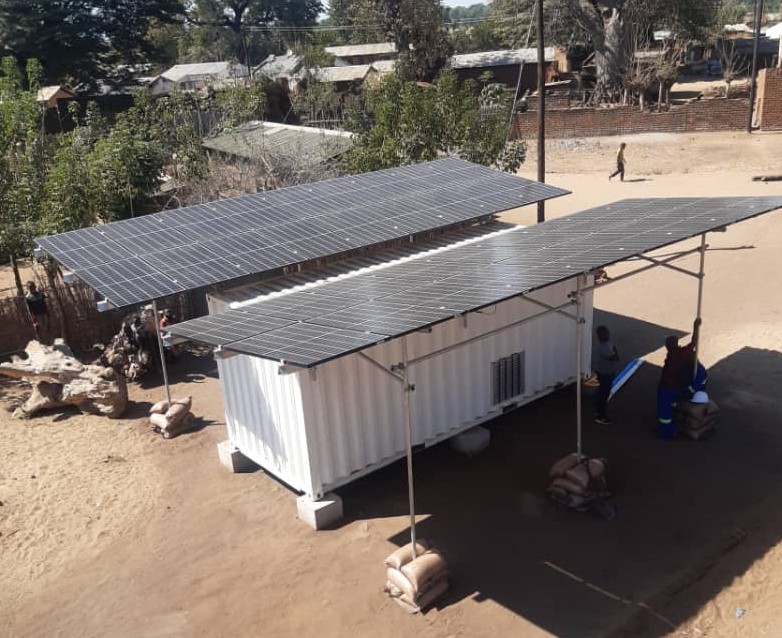Techno-economic business modelling
As the micro-grid sector in Malawi transitions from single pilot projects to scaled operations, financing frameworks will transition from donor funding to a blend of grant, debt and equity with revenue raised to pay back investors through income from tariff sales and subsidies. Designing effective tariffs for different customer segments and quantifying smart subsidies needed for micro-grids to be financially sustainable while offering the social impact desired by governments is a necessary research agenda to accelerate micro-grid deployment. Acquisition and analysis of further primary technical, economic and social impact data from micro-grid pilots will be essential in better understanding demand and revenue, improving technical efficiency and financial sustainability as well as reducing perceived risk to investors.
Measuring and understanding micro-grid demand
Measurement of load profiles through further pilot projects, quantification of load growth over time and providing insight on demand patterns and seasonal trends is essential for designing cost effective and technically efficient micro-grids. Measuring and sharing demand disaggregated by customer segments is especially important for informing business models and tariff setting, and further research can compare energy use surveys to measured load profiles, allowing for more accurate demand prediction.
Asset management of micro-grid portfolios
Assuming the micro-grid market grows and future micro-grid operators will own and manage multiple micro-grid sites, research is needed to inform asset management strategies to sustainably manage a fleet of micro-grids. Such research will predict timings for replacement components, optimise maintenance regimes, and maximise cost savings and technical efficiency through remote monitoring. Such modelling of portfolio scale operations will provide more accurate operational costs to inform business modelling.
Productive uses of micro-grid energy
Stimulating daytime demand has been found to be a key enabler of increasing utilisation and revenues for micro-grid developers. Identifying anchor loads in rural areas that can be powered by solar micro-grids, and integrating Productive Use of Energy (PUE) appliances to micro-grid systems will be a game changer for micro-grid business models and investment cases. Multi-disciplinary approaches are required, incorporating technical integration of PUE appliances to match generation capabilities, business design of PUE implementation, exploration of value chain analysis, and appliance financing. As the majority of rural incomes in Malawi are derived from farming, anchor loads offering agricultural processing are likely to be most viable.
Grid integration and interconnecting micro-grids
Research on grid integration and interconnection of micro-grids in terms of technical and business planning is needed as the micro-grid sector grows. An inevitable consequence of rural electrification will be a convergence between national grid infrastructure and existing micro-grids, offering both a threat (of stranded micro-grid assets) and an opportunity (to sell excess power) to micro-grid developers. Research on technical, business and regulatory arrangements for interconnecting the national grid with micro-grids is much needed as has yet to be trialled in Malawi. Similarly, as more micro-grids are installed, the opportunities for interconnecting micro-grids offer shared generation and storage, improved efficiencies and innovative business models which can lower tariffs and increase resilience.
Understanding the social impact of micro-grids
Longitudinal studies of the impact of electricity with cross-disciplinary collaboration between social scientists, engineers, anthropologists and economist among others will inform the effectiveness and impact the micro-grid has on the community it serves and shape recommendations for additional interventions to be implemented alongside providing a secure electricity connection. Social impact surveys with customers, along with focus group discussions and expert interviews analysed can help to understand the impact the micro-grid has on the community it serves and inform recommendations for improved community-centric technical design and business models.
